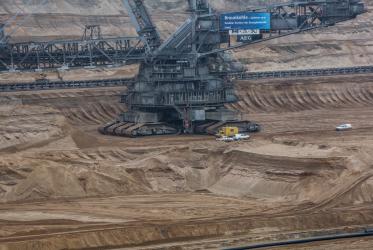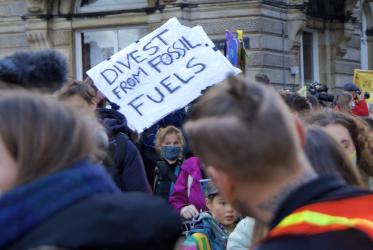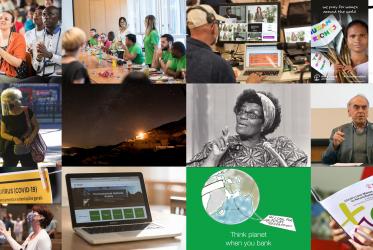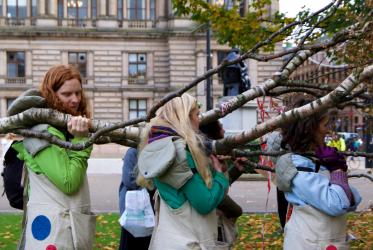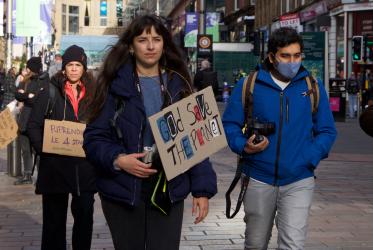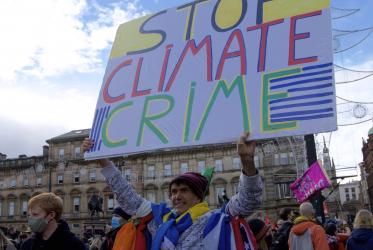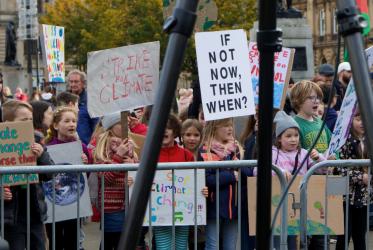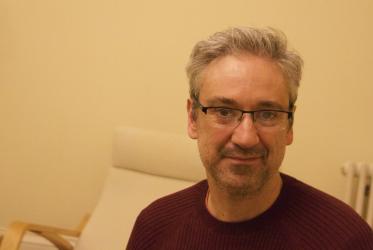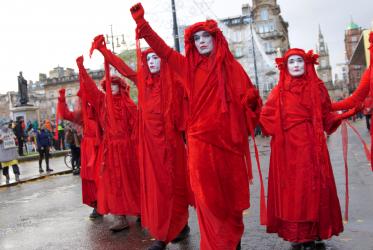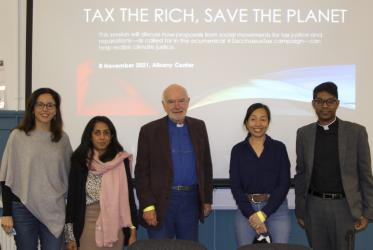Displaying 161 - 180 of 832
WCC offers intervention at Climate Responsible Finance event
24 February 2022
Media accreditation opens for the 11th WCC Assembly
31 January 2022
New eco-theology book combines diverse views with best practices
10 January 2022
Global faith leaders call for urgent action at COP26
12 November 2021
